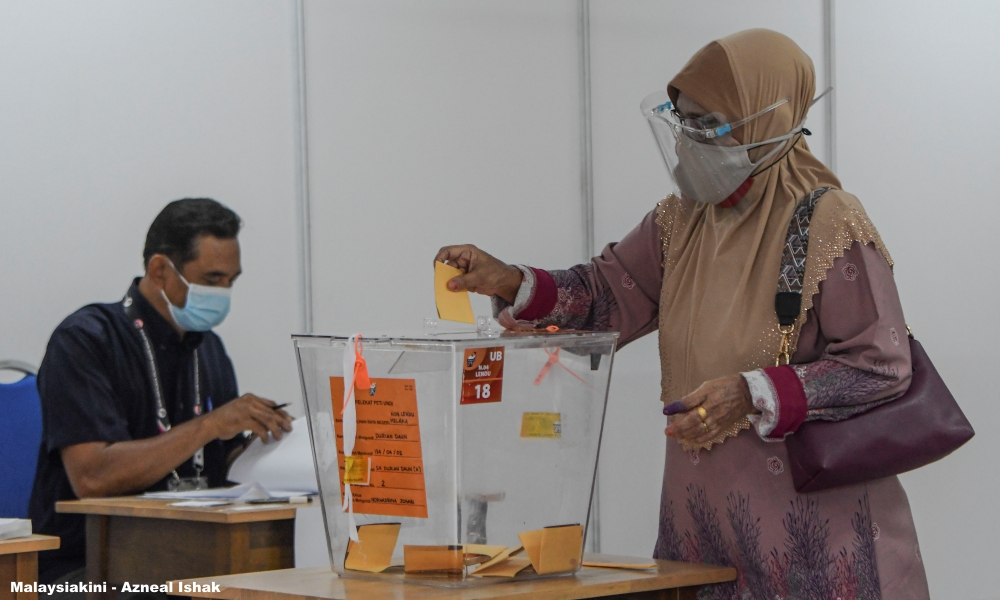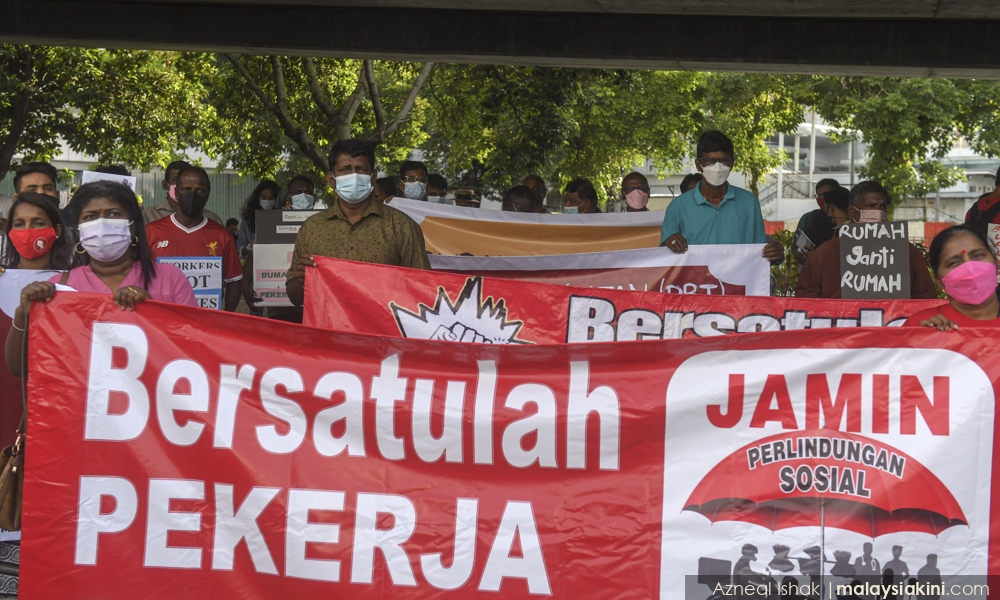We are obviously, or obliviously to some, sliding towards an early general election.
Many have decided to write off this election as a return to the “bad old days” with a resurgent Umno potentially winning the lion’s share of seats.
Meanwhile, the opposition continues to look uninspiring two years post-Sheraton Move, which has disappointed many, to put it lightly.
I don’t blame people for feeling that way. As an observer and collateral damage of the half-baked political coup by Bersatu and former PKR MPs in 2020, it felt fairly obvious a few months into the lockdown that the collapsed government and herald of a “New Malaysia” did not have a plan to get out of its rut.
Two years on, can anyone honestly say that Pakatan Harapan has grown as a coalition?
In my humble opinion, they have not, but I would not lay the blame solely at the feet of those who have held high political office for decades, and in some cases for as long as I have been alive).
It cannot just be up to the same individuals we have seen at the helm for the last quarter-century, who we are also more than happy to blame for each and every mistake.
For the benefit of all, let us stop blaming people for just a moment.
In fact, let’s step away from the rhetoric of the ballot box for a second and expand our view of democratic participation.

We are more than aware of the importance of turning out to vote and how a single vote can change a country’s course, but the ballot box is just one tool in our democratic toolkit.
It can do a lot of things, and it has, but voting alone cannot do everything.
Entrenched powers
Consider that our political system, like any other, is a space of constant negotiation between different pools of vested interests both in the public and private sectors.
They have money, power, influence, and other dimensions of power that can be played off against plain electoral power won through elections.
It could be something as mundane as a reluctance to cooperate with office-bearers because of a cultural mismatch, or it can be as far-reaching as legal and political challenges to protect the status quo.
To place constraints on these powers and ensure they at least do not cause more harm to the general population needs strategies more sophisticated and sustained than a vote once every five years.
We realise this to a certain extent because we are now used to peaceful protests.
Protests are something that has become normalised in our democratic culture, to the point that people will turn up even in the middle of a pandemic if they feel strongly enough about the cause.

Protests however are less a disruptive force than a show of potential. Being able to amass large numbers of protesters, voluntary or otherwise, does not automatically lead to policy change.
When it works well, it places great pressure on the powers-that-be to the point that they fear further backlash if nothing is changed.
But if an administration feels self-assured and unbothered by public reprimands, they can just go on their merry way.
The next step on the ladder is materialising that power in ways that can push back against entrenched interests.
A solid system of support and advocacy that can speak independently for the communities they represent is needed to push fresh agendas and stave away unwanted incursions.
What would this look like?
Contribute regularly
At its most elementary level, it would be getting to know other members of your local/vocational/confessional/interest communities and learning what each others’ problems are, and then communicating that to the authorities for their attention.
Being able to pinpoint issues and push for improvements, then seeking accountability for their action or inaction as a collective, is underrated but it shouldn’t end there.
But before we dream of big things, we have to start making small moves.
Even the simplest activities will require certain levels of commitment for things to run smoothly and continuously.
Communities and individuals will need to step forward and contribute regularly, and not just in moments of crisis or anger, to lay the foundation of a system that can survive.
Malaysians must normalise this act of contributing strategically to a democratic cause, and be part of the process of politics.
We cannot expect the same individuals, however talented, to perform miracles on a constant basis while we remain a passive audience, and such miracles are certainly impossible without dependable support from the people. - Mkini
LUTFI HAKIM ARIFF is co-founder and podcaster at Waroeng Baru, a not-for-profit collective to promote democratic participation and resilience. He is also the co-author of the book "Parliament, Unexpected", and an unrepentant believer in the power of local independent media. Lutfi tweets at @ltfha
The views expressed here are those of the author/contributor and do not necessarily represent the views of MMKtT.



No comments:
Post a Comment
Note: Only a member of this blog may post a comment.